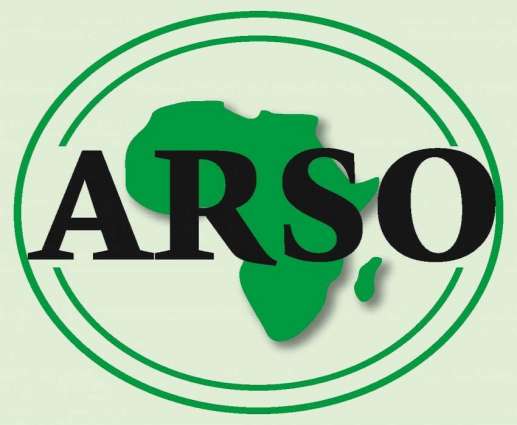A high-level delegation from the African Organisation for Standardisation, ARSO, which has 37 members, reviewed the UAE Halal system, which was launched by the Emirates Authority for Standardisation and Metrology, ESMA, and achieved a global spread in the past five years.
DUBAI, (Pakistan Point News - 17th Feb, 2020) A high-level delegation from the African Organisation for Standardisation, ARSO, which has 37 members, reviewed the UAE Halal system, which was launched by the Emirates Authority for Standardisation and Metrology, ESMA, and achieved a global spread in the past five years.
The African continent will hold a set of normative comparisons during the coming period, after the good reputation of the UAE Halal system led them to attend the activities of the 5th Global Halal Industry Platform as a guest of honour, to listen closely to all the technical and operational details.
The ARSO delegation expressed their happiness to get to known, and listen to important national experiences such as the Saudi Halal system, and other experiences that have proven successful in dealing with the UAE halal system.
Abdullah Al-Maeeni, Director-General of the ESMA, stressed that the UAE leads the global initiative in unifying the standards of the halal system, and the UAE system is proven day after day, which is distinguished regionally and globally, and has become the focus of attention of the world.
He considered that the subjection of the UAE system to the standard analysis by the African continent, which is replete with promising economic opportunities, is due to the confidence of the African standardisation system in our work mechanisms, in a manner that will increase the volume of trade flow between the UAE and the African continent.
Statistical data issued by the UAE Ministry of Economy indicate that the volume of trade exchange between the UAE and the continent of Africa reached about US$44 billion by the end of 2018, of which US$5.7 billion is the volume of non-oil exports, which represents 13 percent of total exports, meaning more economic opportunities in the food sector and halal drinks.




